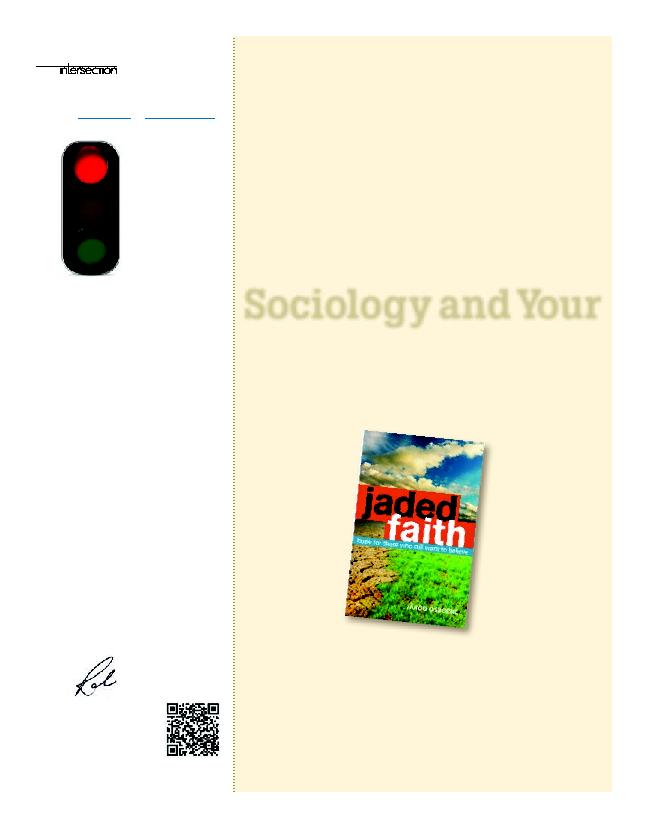
cultures around the world. Some
academic researchers spend their
entire careers doing fi eld work with
studies on religion have emerged from
this kind of work. One point has become
evident: People believe many different
things! Certainly not everyone believes
that Jesus is the Savior of the world.
Some people embrace everything as a
god; some people aren't that interest-
ed in gods at all. Yet sociologists have
found common themes in many cultures
the wrong conclusions. For example,
most people groups have some kind of
belief in a higher power. The naturalistic
(evolutionary) theory would say religious
belief is a useful survival mechanism,
despite the fact that it is a fantasy, and
that is why it has been preserved among
humans of diverse cultures
thus far. Many also teach
that while no one particular
religion is universally true,
all have value and truth in
their context.
is relative to your envi-
ronment, circumstance
and community. Relativ-
ism allows for mutually
exclusive beliefs to co-
exist by making them
both impotent regard-
ing historical and uni-
versal truth. Instead,
we are left with little chunks
of truth that are helpful and meaningful.
These little truths add value to our lives,
but they are not permitted to gobble up
another person's truths. They must stay
in their own individualistic realm and
never claim to apply to everyone every-
where. So if you are a Christian and your
neighbor is a Satanist, you must both
peacefully coexist. Your Christian beliefs
add value to your life, and his satanic
lief can claim truth that extends onto the
other neighbor's property.
standard. If reality is relative and truth
is based on the situation, we need not
appeal to a higher authority, but to the
masses. Perhaps this is why the polling of
public opinion has become so popular.
Fifty�six percent of Americans believe
this. Eighty�two percent believe that. Is
this more often a survey of opinions or
a truth�seeking census? What happens
when Truth with a capital T is no longer
except intolerance.
true? The fact that I believe the Christian
story doesn't make it true, and it doesn't
it is already true. It will
truth is truly relative, one cannot make
an absolute statement like, "All truth
is relative." That statement would then
also have to be relative. Strict relativists
are big on tolerance. They advocate for
people of different beliefs to tolerate
one another. They get upset at Chris-
tians who say there is a truth that applies
to everyone.
SECTION,
in peace with people
who don't live, act or
think like we do. We all
have experienced that
neighbor who lets her
dog out late at night
and is seemingly oblivi-
ous to the incessant
barking; or that car that
loud, your car vibrates violently and
your teeth rattle.
ences between people of different
nationalities, political persuasions and
beliefs that at times test our patience.
What then? Focus on the Family presi-
dent, Jim Daly suggested in an inter-
view during the fall that there are ways
to embrace others without demonizing
them. In an excerpt from Jarod Os-
borne's book, Jaded Faith, you'll read
how to discover truth in a world that
increasingly values relativism. Life can
be complicated enough without the
added pressure of getting along with
everybody, but perhaps in learning how
to get along, our own stress level will
be reduced.
needs to happen for each of us to bring
it about? Use the QR code below to
watch Daly's interview and read the
content of this issue, then continue the
conversation with us. We're all on this
journey of life together, and I think we
can help each other along the way.
it